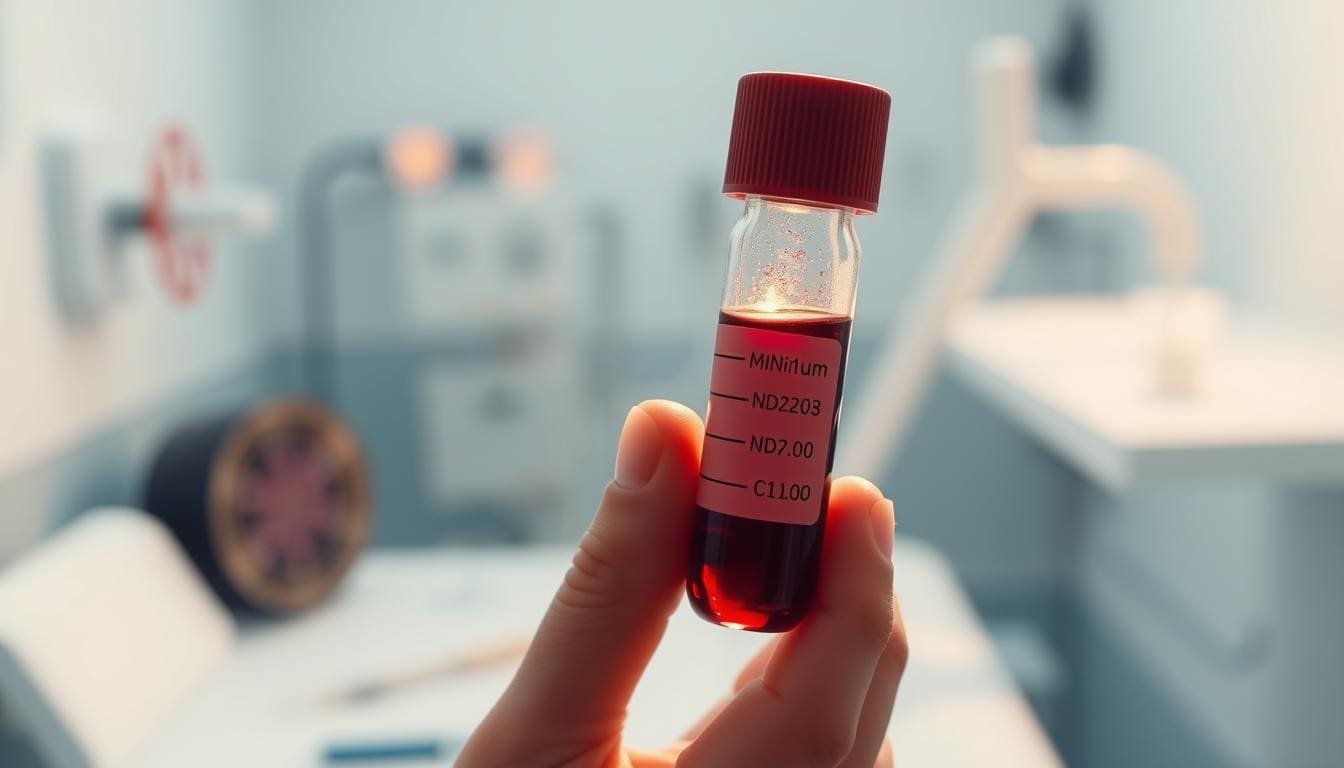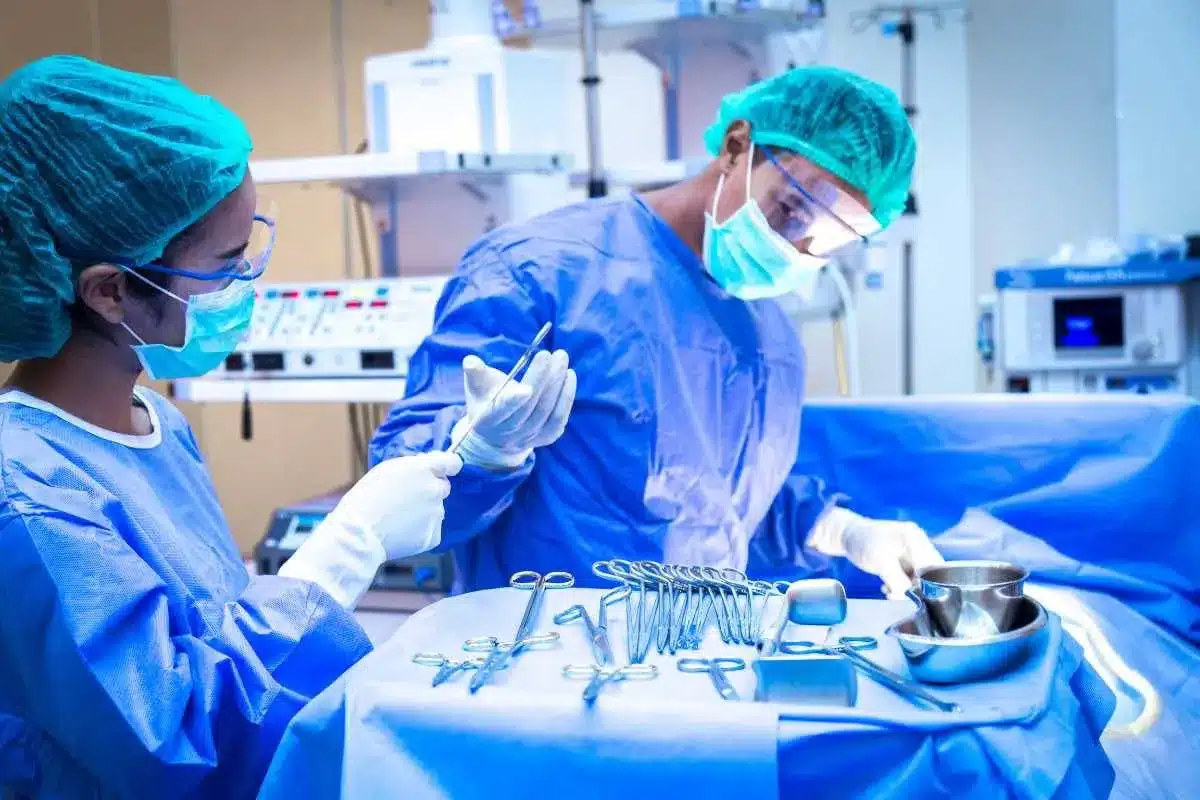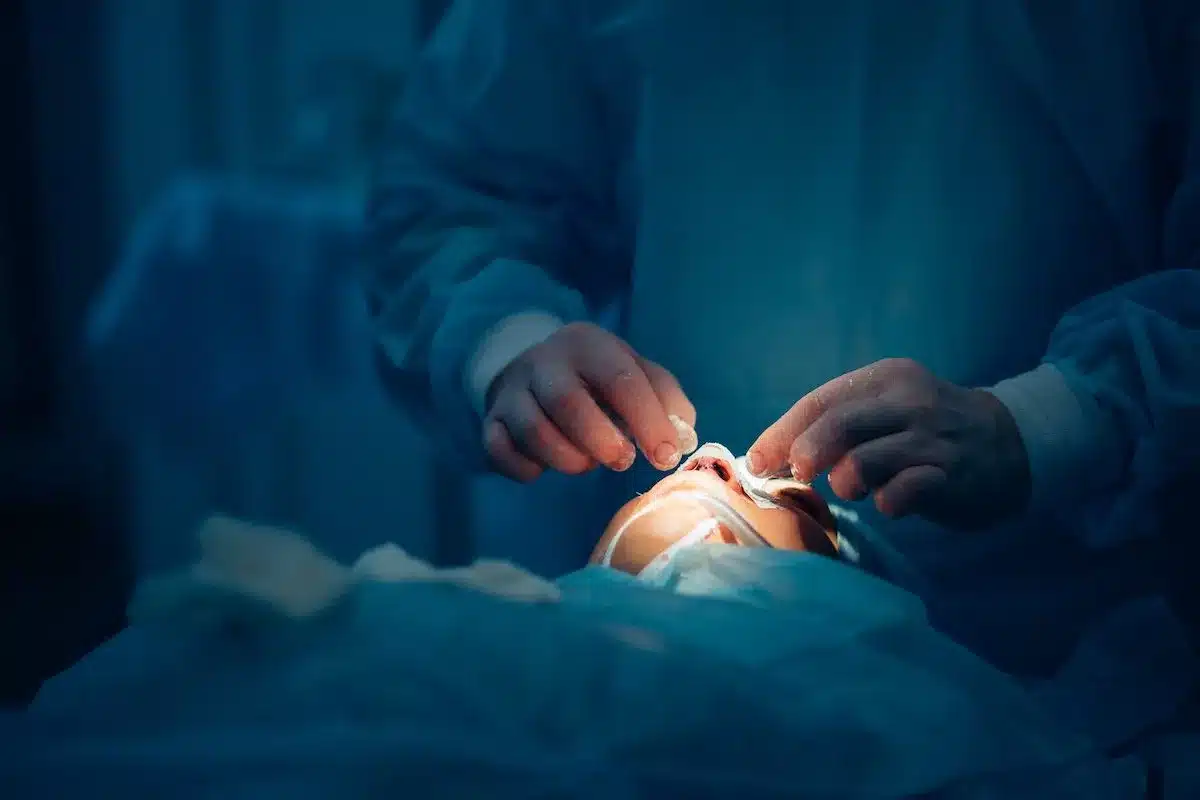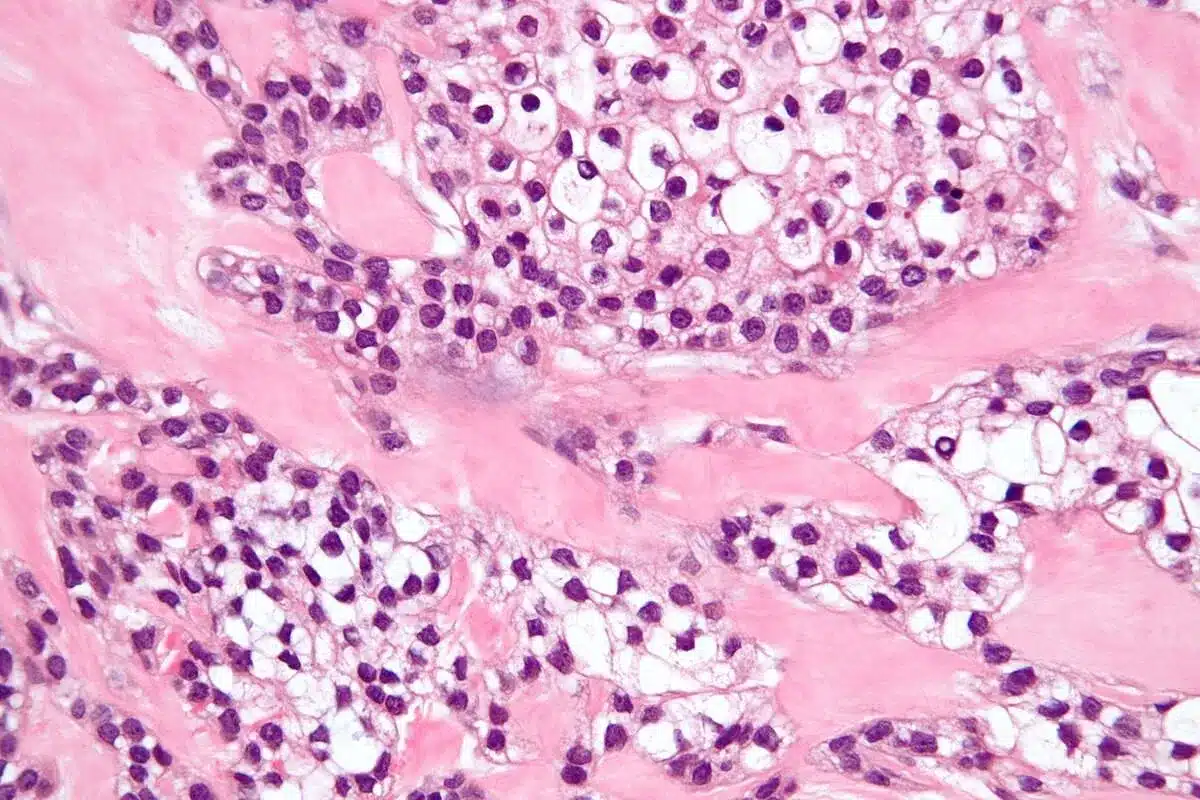We’re always trying to figure out why some people struggle with infertility. Recent studies have found that sperm quality is key. It affects the development of chromosomal abnormalities in embryos.
Chromosomal abnormalities in sperm can cause many problems. These include infertility and repeated miscarriages. Research shows that men with fertility issues often have more genetic abnormalities in their sperm.
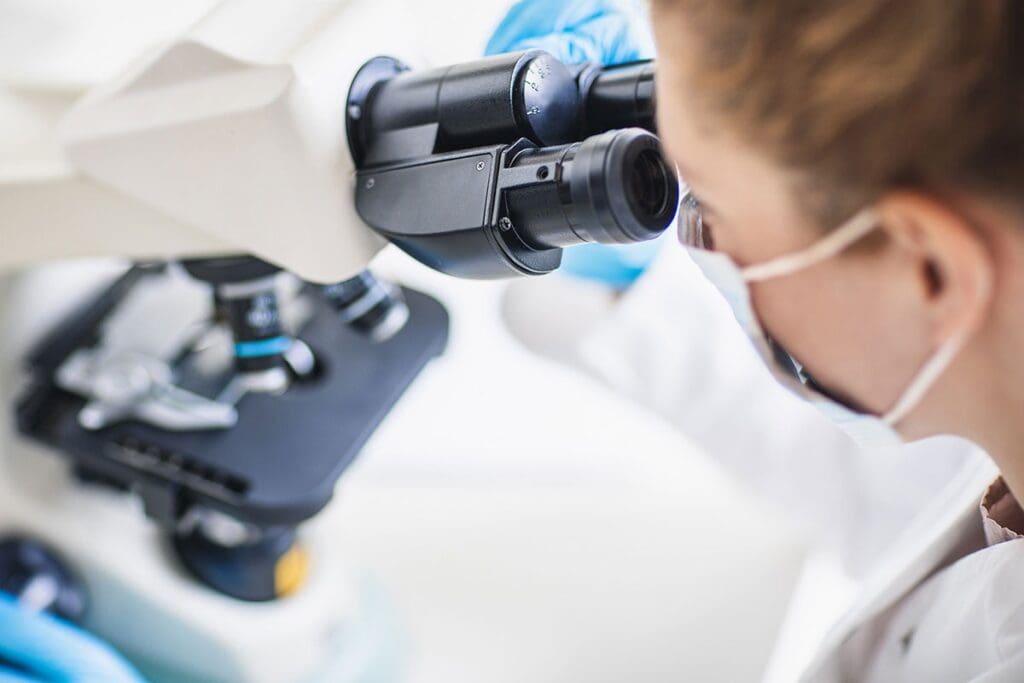
It’s important to understand why these problems happen. By looking into how sperm quality affects chromosomal abnormalities, we can help more people. This way, we can support those facing reproductive challenges.
Key Takeaways
- Chromosomal abnormalities in sperm can lead to infertility and recurrent pregnancy loss.
- Men with infertility issues have a higher prevalence of genetic abnormalities in their sperm.
- Understanding the causes of chromosomal abnormalities is key to finding solutions.
- Sperm quality is very important for avoiding chromosomal problems in embryos.
- Using advanced tests is vital for spotting and fixing chromosomal issues.
The Genetic Makeup of Sperm and Reproductive Health
It’s important to know about the genetic makeup of sperm for reproductive health. Sperm cells are made through meiosis, a special cell division. This process gives them half the normal genetic material. It’s key for sexual reproduction, making sure the zygote has the right number of chromosomes.
How Sperm Carry Genetic Material
Sperm carry genetic material in their DNA, packed in the sperm head. This DNA has all the genetic instructions for a new individual. Meiosis makes sure each sperm has a unique mix of genetic traits, adding to the genetic diversity of offspring.
Sex Cells with Half the Normal Genetic Material
Meiosis is a two-part cell division that halves the chromosome number. In humans, this means sperm cells have 23 chromosomes, not 46 like in other cells. This is important because it allows for mixing genetic material from two parents during fertilization.
Meiosis does more than just halve chromosomes; it also shuffles genetic material. This increases genetic diversity. But, errors during meiosis can cause genetic anomalies, like aneuploidy. These can affect reproductive health and the health of the offspring.
Key aspects of meiosis and its impact on sperm genetic material include:
- Reduction of chromosome number by half
- Increased genetic diversity through recombination
- Potential for genetic anomalies if errors occur during the process
Understanding these processes is key to grasping the complexities of reproductive health and its factors.
Understanding Chromosomal Abnormalities in Sperm
Chromosomal abnormalities in sperm are a big worry for reproductive health. These issues can cause genetic disorders and other problems. It’s key to know what causes them and how they’re classified.
What Are Chromosomal Disorders?
Chromosomal disorders happen when there’s a problem with the number or shape of chromosomes in cells. In sperm, these problems often come from mistakes during meiosis. The National Center for Biotechnology Information says these issues can really affect reproductive health.
“Chromosomal abnormalities are a big reason for infertility, miscarriages, and genetic problems in kids,” experts say. Knowing about these disorders helps doctors diagnose and treat related issues.
Genetic Abnormalities: Meaning and Classification
Genetic problems in sperm fall into two main types: numerical and structural. Numerical problems mean there’s the wrong number of chromosomes, known as aneuploidy. Structural problems involve changes in chromosome shape, like deletions or inversions.
Understanding how to classify genetic abnormalities is key to knowing their impact on health. Doctors can then give the right advice and treatment to those affected.
Chromosomal abnormalities can deeply affect people emotionally and psychologically. So, it’s vital to talk about this with care and understanding. We need to give clear, helpful information to those dealing with these issues.
5 Common Types of Sperm-Related Chromosomal Disorders
It’s key to know about sperm chromosomal disorders to tackle male infertility. These issues can cause fertility problems and affect the health of future children.

Klinefelter Syndrome (47, XXY)
Klinefelter syndrome is a major issue linked to male infertility. It happens when a male has an extra X chromosome, leading to XXY instead of XY. This affects about 1 in 650 males and often causes azoospermia or severe oligozoospermia.
Missing Chromosome Disorders
Missing chromosome disorders, like monosomy, happen when a sperm lacks a chromosome. This can cause genetic problems in the child, depending on the missing chromosome. The lack of a chromosome can lead to miscarriage or developmental issues.
Double Chromosome Conditions
Double chromosome conditions occur when a sperm has an extra chromosome, known as trisomy. This can cause conditions like Down syndrome if it’s chromosome 21. An extra chromosome can greatly affect the child’s development and health.
Chromosome Deletion Syndromes
Chromosome deletion syndromes happen when a part of a chromosome is missing. This can cause genetic disorders, depending on where and how big the deletion is. The effect on fertility and child health varies based on the deletion.
Knowing about these common sperm chromosomal disorders is vital for diagnosing and treating male infertility. Advanced genetic tests can spot these issues, helping make better reproductive health choices.
Statistics: Prevalence of Genetic Anomalies in Male Infertility
Genetic anomalies in men with fertility issues are a big concern in reproductive health. Looking at the statistics, it’s clear that these anomalies play a big role in male infertility.
General Population vs. Men with Fertility Issues
Research shows that men with fertility problems have more chromosomal abnormalities than the general population. Chromosomal abnormalities can really affect sperm quality and fertility. Men with fertility issues often have more genetic anomalies, which can cause their infertility.
Comparing the general population to men with fertility issues shows why genetic screening is key. Knowing about genetic anomalies helps doctors give better treatments.
Azoospermia and Severe Oligozoospermia Connection
Azoospermia, or no sperm in the ejaculate, and severe oligozoospermia, or very low sperm count, often have genetic causes. Studies find that men with these issues have more chromosomal problems, like aneuploidy and structural defects.
This link between azoospermia, severe oligozoospermia, and genetic anomalies highlights the need for detailed genetic tests. These tests can find the genetic causes and help plan the right treatment.
Aneuploidy Rates in Individual Sperm Cells
Aneuploidy, or abnormal chromosome numbers, is a big worry in male infertility. Research shows that aneuploidy rates can differ a lot among sperm cells, even in men with normal sperm counts. Advanced genetic testing can spot aneuploidy and other genetic issues in sperm.
Knowing aneuploidy rates in sperm cells is key to understanding genetic risks in offspring. This info helps with making reproductive choices and using assisted reproductive technologies.
Risk Factors That Increase Sperm Abnormalities
It’s important for men to know about risk factors for sperm abnormalities. These factors can affect fertility and the health of future children.
Age-Related Genetic Changes
Getting older can lead to genetic mutations in sperm. As men age, their sperm DNA quality may decline. This can cause chromosomal problems. Studies show older men are more likely to have children with genetic issues.
Environmental and Lifestyle Influences
Being exposed to environmental toxins like pesticides can harm sperm. Smoking, drinking too much alcohol, and being overweight also hurt sperm quality. A healthy lifestyle is key to reducing sperm problems.
Medical Conditions That Affect Sperm DNA
Some medical issues can harm sperm DNA. Problems like varicocele, infections, and hormonal imbalances can lower sperm quality. It’s essential to manage these conditions to protect reproductive health.
Men can take steps to protect their reproductive health. By understanding and tackling these risk factors, they can lower the chance of sperm abnormalities.
Detection and Management of Chromosomal Diseases
Genetic testing has changed how we find and treat chromosomal problems. Now, we can spot genetic issues early and manage them better.
Advanced Testing Methods
Modern tests are key in finding chromosomal issues. Next-generation sequencing (NGS) and array comparative genomic hybridization (aCGH) help us see genetic details. These tools spot small genetic changes that might cause problems.
Studies show these tests have greatly helped in finding genetic issues in reproductive health.
These tests are vital in reproductive health. They help us find problems early. This way, couples can make better choices about having children.
Treatment Approaches for Different Abnormalities
Each chromosomal problem needs its own treatment. For example, Klinefelter Syndrome might need hormone replacement therapy. Others might need genetic counseling to understand their options.
Today, we’re moving towards treatments that fit each person’s genetic profile. This is thanks to better genetic analysis and precision medicine.
The Role of Precision Medicine in Reproductive Health
Precision medicine is changing reproductive health. It lets us tailor treatments to each person’s genes. This makes treatments work better and have fewer side effects.
By knowing the genetic cause of problems, we can create specific treatments. This is a big step forward in managing chromosomal diseases.
Conclusion: Future Directions in Sperm Genetic Health
As we learn more about sperm genetic health, it’s clear that new research and genetic testing are key. These advancements promise to improve how we understand and manage sperm-related genetic issues.
Reproductive health is moving towards more personalized care. This is thanks to new genetic analysis and data tools. These tools will help us spot and fix genetic problems, leading to better health for families.
The future of sperm genetic health looks bright with precision medicine leading the way. We’ll see more targeted treatments as research grows. This will help us understand and tackle sperm genetic health challenges better.
FAQ
What are chromosomal abnormalities in sperm?
Chromosomal abnormalities in sperm happen when there are genetic issues. These issues can affect the number or structure of chromosomes in sperm cells. This can lead to problems like infertility and recurrent pregnancy loss.
How do chromosomal disorders occur in sperm?
Chromosomal disorders in sperm happen because of errors during meiosis. Meiosis is the process that makes sex cells with half the normal genetic material. This results in sperm with abnormal chromosomal content.
What is the significance of understanding the genetic makeup of sperm?
Knowing the genetic makeup of sperm is key. It helps us understand how chromosomal abnormalities occur. It also helps us develop ways to diagnose and treat related reproductive issues.
What is Klinefelter syndrome, and how is it related to sperm chromosomal abnormalities?
Klinefelter syndrome is a condition where males have an extra X chromosome (47,XXY). It can greatly affect male fertility and reproductive health.
How do missing chromosome disorders affect male fertility?
Missing chromosome disorders can cause various reproductive problems. These include infertility because they disrupt normal genetic function.
What is the connection between azoospermia, severe oligozoospermia, and aneuploidy rates in sperm cells?
Azoospermia and severe oligozoospermia are linked to higher aneuploidy rates in sperm cells. Aneuploidy is when there’s an abnormal number of chromosomes. This increases the risk of chromosomal abnormalities.
How do age-related genetic changes impact sperm abnormalities?
Age-related genetic changes can raise the risk of sperm abnormalities. Advanced paternal age is linked to more chromosomal mutations and aneuploidy in sperm.
What role does precision medicine play in the management of chromosomal diseases?
Precision medicine is vital in managing chromosomal diseases. It allows for targeted diagnostic and therapeutic approaches. These are tailored to the specific genetic characteristics of an individual’s sperm.
What are the advanced testing methods available for detecting chromosomal diseases?
Advanced testing methods, like genetic testing and chromosomal analysis, are available. They help detect chromosomal diseases early. This allows for early diagnosis and management of related reproductive issues.
Can environmental and lifestyle influences affect sperm DNA and increase the risk of chromosomal abnormalities?
Yes, environmental and lifestyle factors can impact sperm DNA. Exposure to toxins and certain medical conditions can increase the risk of chromosomal abnormalities.
References:
- Salari, N., et al. (2024). Global prevalence of congenital heart diseases in infants: A systematic review and meta-analysis. Journal of Pediatric Nursing, 78, 105–114. https://www.sciencedirect.com/science/article/abs/pii/S1355184124001091
- Centers for Disease Control and Prevention. (2025). About congenital heart defects. https://www.cdc.gov/heart-defects/about/index.html
- Xu, J., et al. (2025). Global, regional, and national epidemiology of congenital heart disease in children under five years: A systematic analysis. PMC. https://pmc.ncbi.nlm.nih.gov/articles/PMC12122482/


